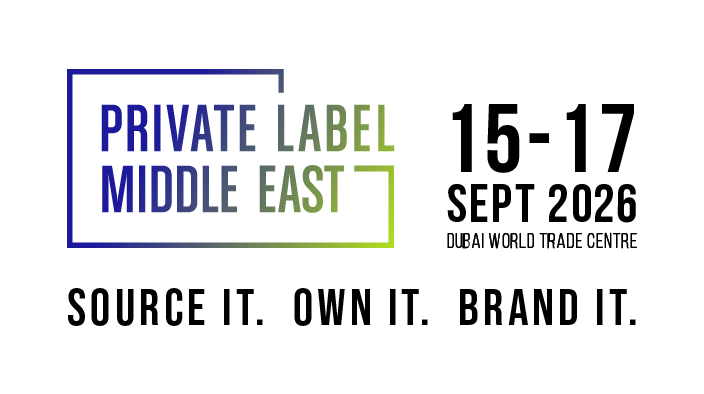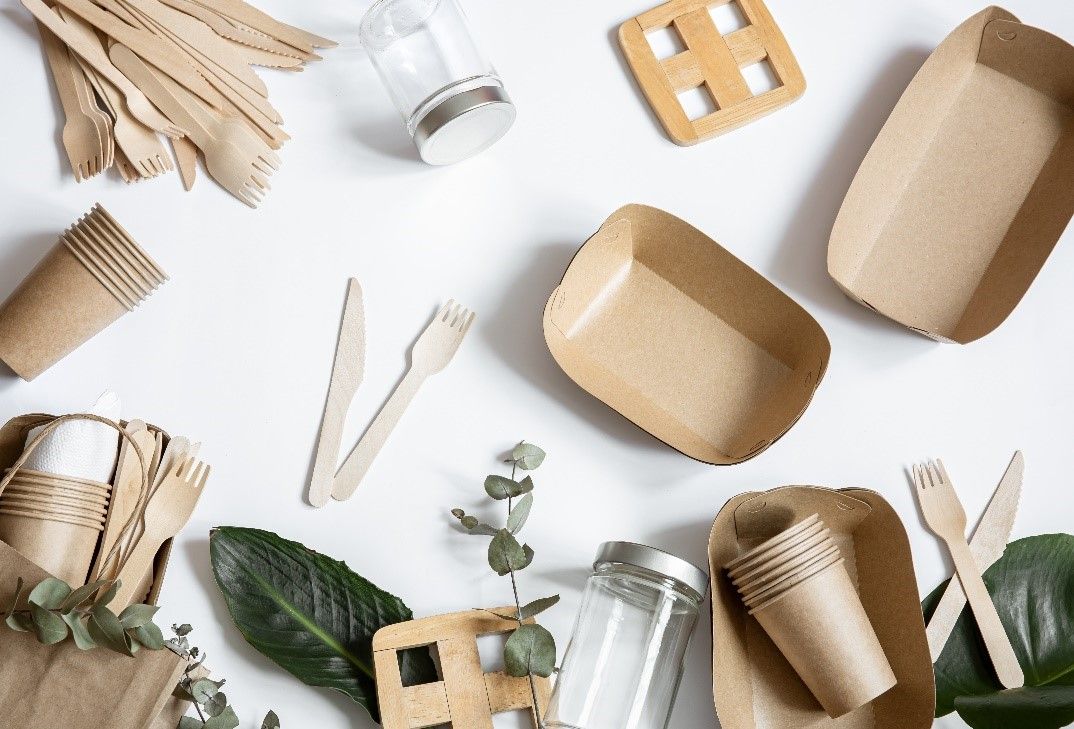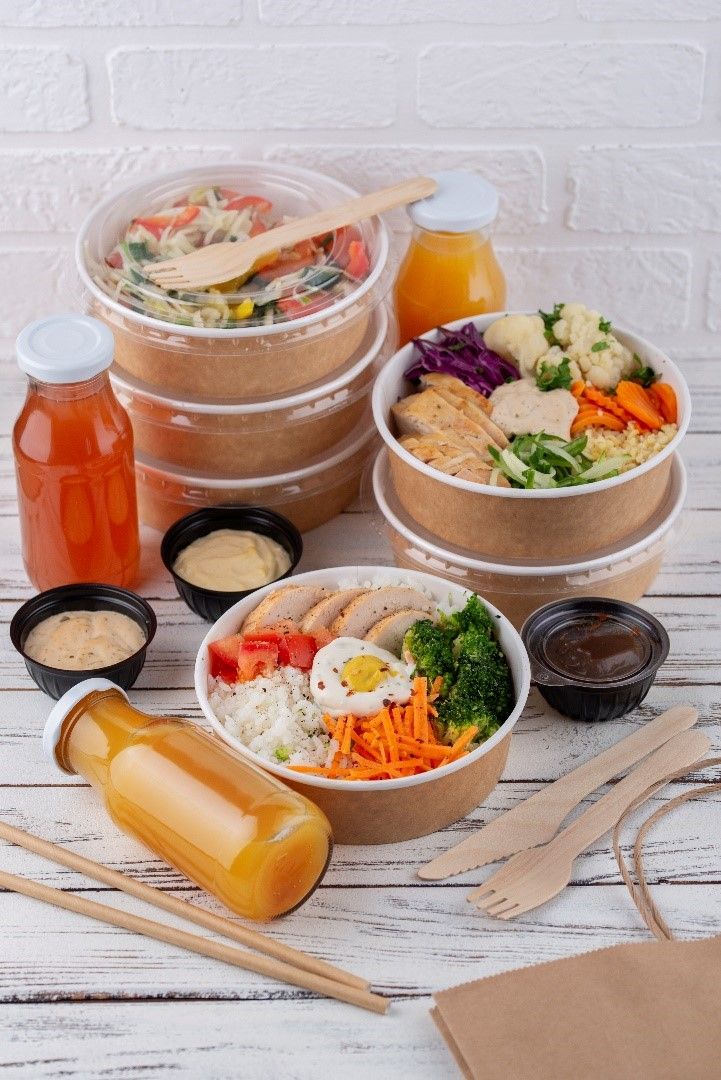As global environmental concerns continue to mount, both consumers and businesses are increasingly prioritising sustainability. Among the many areas in need of urgent reform, packaging emerges as a particularly impactful—and addressable—challenge. From supermarket shelves to e-commerce deliveries, packaging plays a vital role in modern life, yet it is also a major contributor to environmental degradation. Tackling sustainability through packaging is not just a trend—it is a fundamental shift and a necessary transformation to align with environmental imperatives.
Packaging represents a significant share of global waste. In 2022, plastics used across packaging, construction, and transportation made up over 60% of the total plastic consumed worldwide (OECD, 2022). Much of this is single-use packaging that ends up polluting oceans and endangering marine life. However, the problem does not stop at waste. The production, transport, and disposal of packaging materials contribute heavily to global carbon emissions, with conventional materials such as plastics and certain composites being especially resource-intensive and difficult to recycle.
In fact, as of 2022, only 9% of plastic produced globally came from recycled sources (The Guardian, 2025). As climate change increasingly affects our daily lives, the demand for responsible, low-impact packaging alternatives has never been more pressing.
On the other end, today’s consumers are more informed and environmentally conscious than ever. Their concerns have expanded beyond just the product itself to include its environmental footprint, with packaging taking centre stage in their evaluations. Awareness around issues like plastic pollution, carbon emissions, and resource depletion is influencing purchasing behaviour. Consumers are looking for packaging that reflects eco-friendly values—and they expect brands to respond. In turn, companies are feeling the pressure to act. Many brands and retailers are actively seeking packaging solutions that satisfy consumer demand while advancing their own sustainability goals.
Private Brands are increasingly leveraging sustainable packaging as a key differentiator to align with consumer demand for environmentally responsible products. Retailers are investing in eco-friendly materials, minimalist designs, and recyclability while promoting transparency about their sustainability goals. A few years ago, in the USA, grocery discounter Aldi committed to converting all Aldi-exclusive packaging to reusable, recyclable or compostable materials and cutting back its packaging materials by 15% by 2025. Moreover, by 2030, the retailer wants to halve the amount of food waste it currently produces. Since 2019, Tesco in the UK has been addressing the issue of plastic waste through its 4Rs Strategy. The company is committed to ensuring that all Private Brand packaging materials are fully recyclable by December 2025. When packaging cannot be removed, Tesco is collaborating with suppliers to minimise it to the absolute minimum. Additionally, the retailer aims to source 100% sustainable paper and cardboard for its packaging by the same deadline, working closely with suppliers to achieve this goal.





)
)
)
)
)
)
)
)
)
)
)
)

)
)
)
)